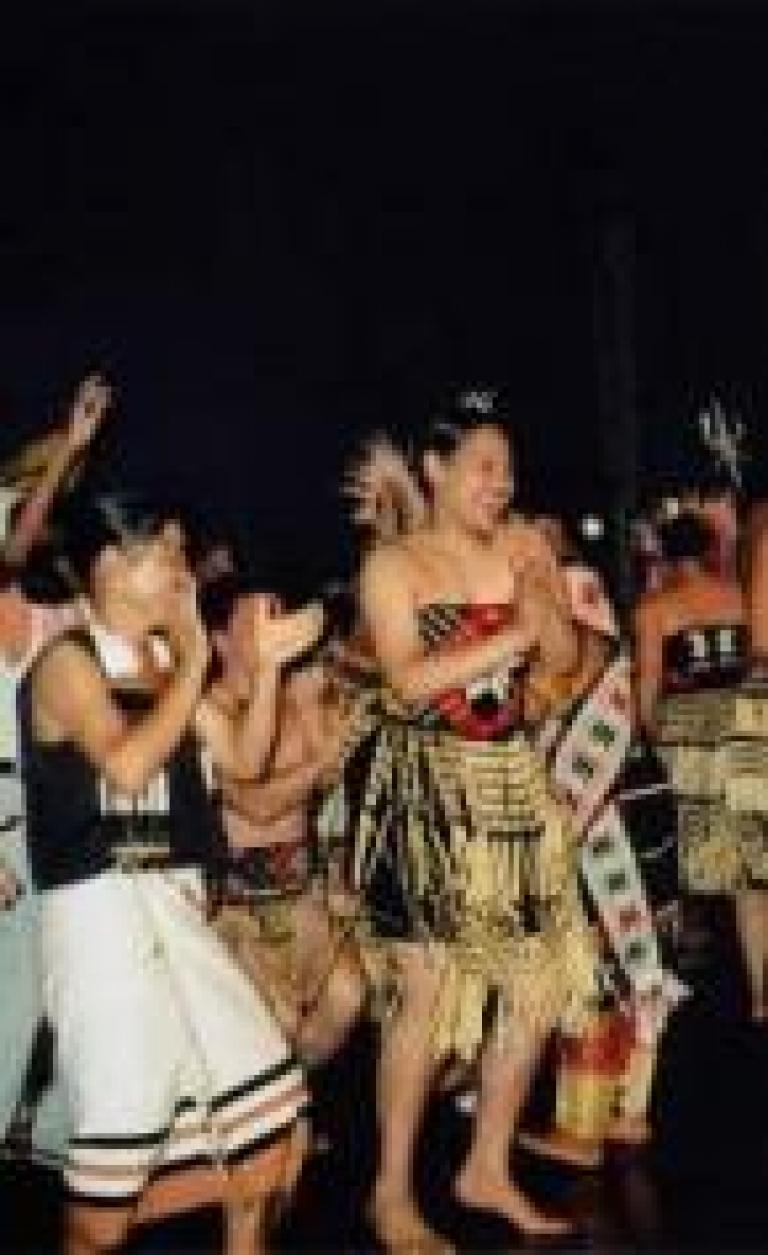
The International Day of the World’s Indigenous Peoples was marked in Caux, Switzerland, yesterday by a Canadian "First Nations" traditional blessing and cleansing with smoke and a presentation of the contribution that traditional cultures can make to the globalized world.
Indigenous leaders from the Udege, Itelmen, Khanty and Sel’kup peoples of Siberian Russia, Ayamara from Bolivia and Mapuche from Chile, Nagas from North-East India and Tibetan, Cree and Nakoda from Canada have been meeting to explore issues of common concern and to seek a common vision. They were taking part in a workshop in the framework of the conference on ‘Human security through good governance’ at the Initiatives of Change international conference centre, in Caux, Switzerland, entitled "Global Indigenous Dialogue". There are well over 300 million indigenous people in the world, according to the organizers "who live on the land where they have always lived, with their own unique cultures, languages" – and where they are now in minority.
Tina Fox from the Nakoda in Canada spoke for many of them when she told of ten years spent in residential schools and homes where the use of her culture, her religion, her language, her customs and her traditions were all forbidden, years of abuse and violence. "I am grateful to our ancestors for keeping our values strong," she said. "I have been able to deal with my bitterness, my hate and my shame. I can now forgive the past," she concluded. Lewis Cardinal, a Cree leader noted that the suicide rate of native Canadian people was three times that of the rest of the population – and there were many other social indicators that showed the great problems his people face. "But there is hope. We can find a peaceful way to solve our problems," he said. Cardinal noted that the name "Canada" in his language meant "a clean and sacred place", and he was working for "a sacred relationship based on mutual respect."
For Irina Shafrannik, of the Sel’kup, in Siberia, Russian official policy swung like a pendulum from total indifference to assimilation. There were 40 separate indigenous peoples spread across vast areas of Russia, the smallest group being a mere 190 people. Pavel Sulyandziga, of the Udege, and one of the initiators of the meeting noted that the 20th Century had been one of the domination of European civilization. "The 21st Century will see a harmonious civilization where we find our place in the world," he predicted.
Audrey Ningali Kinnear, an Aboriginal from Australia, one of the "stolen generation" and co-chair of the National Sorry Day Committee was taken from her family at the age of four under the policy of separating Aboriginal children from their families – a policy which continued until the 1970s. "This place offers us a safe environment, a place to share what happened to us," she said. "We must work to make sure that such things don’t happen again." She quoted the saying, "Faith is a bird that feels that dawn is breaking and sings while it’s still dark." Niketu Iralu from Nagaland said, "This place gives hope to peoples like mine. We discover the common humanity that we share, both the strong and the weak." The indigenous representatives invited conference participants to admire a small exhibition of their arts and crafts on display in the bay window of the Great Hall.
The Caux conferences began on July 8th and continue until August 19th, with the conference on "Peace-building initiatives" starting on Friday.

